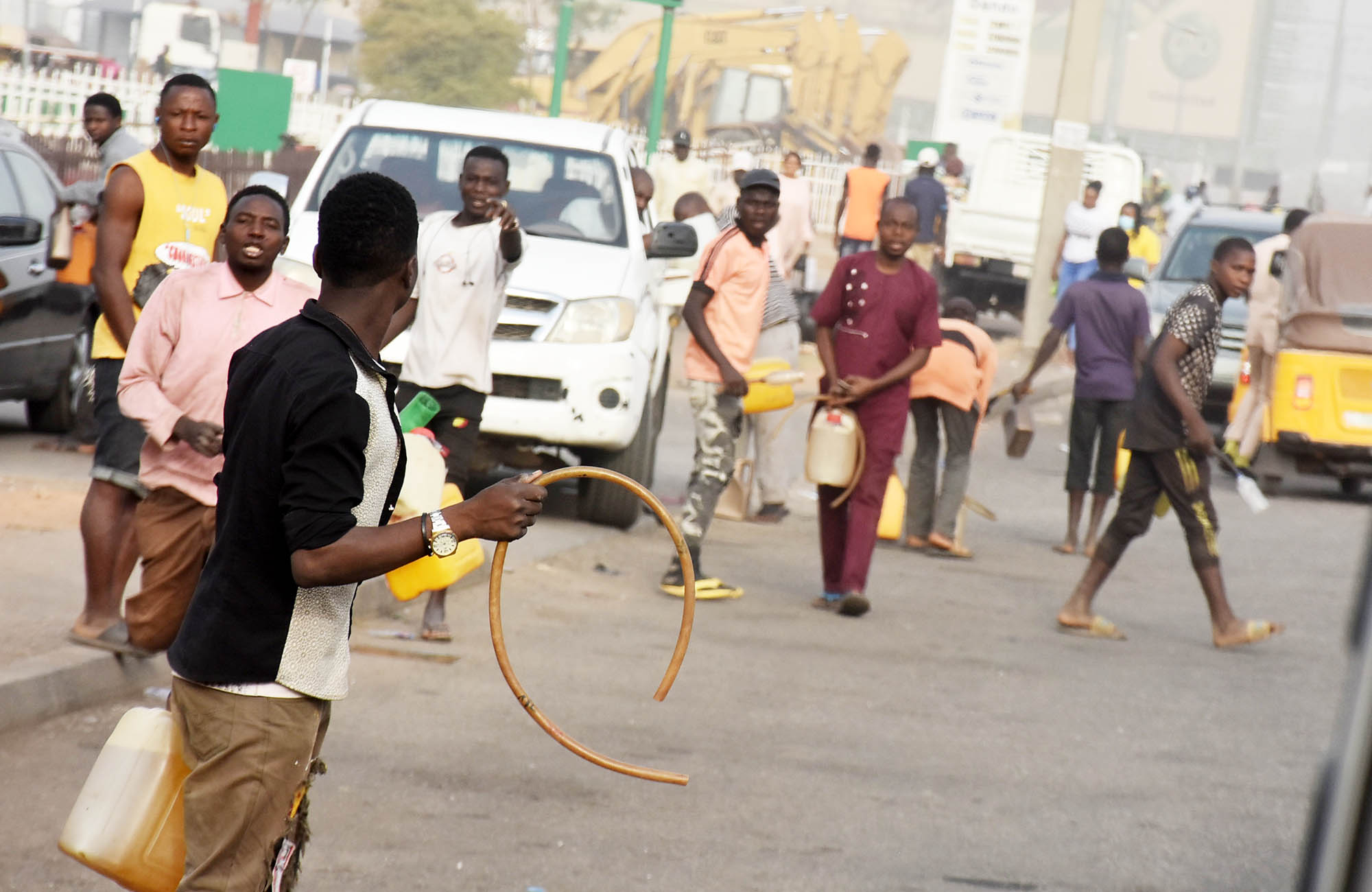Business
Oil Marketers Begin Fuel Importation

The Nigerian Midstream and Downstream Petroleum Regulatory Authority (NMDPRA) says oil marketers have started importing petrol into the nation.
Until now, the importation of the product was solely done by the NNPC Limited.
Speaking at the stakeholders’ engagement in Lagos, Monday, the Chief Executive Officer of the NMDPRA, Farouk Ahmed, said of the 56 oil marketing companies that applied for licences, 10 demonstrated commitment while three have imported fuel into the nation.
Ahmed listed the three companies currently importing the product to include, A.Y. Ashafa, Prudent and Emadeb, adding that others would import in the coming weeks.
However, the NMDPRA boss expressed the commitment of the federal government towards the deregulation of the sector in line with the Petroleum Industry Act, PIA.
He said some challenges that previously affected the seamless importation of the product were being addressed.
Recently, the oil marketers urged the federal government to tackle insecurity and suspend the 7.5 per cent Value Added Tax, VAT on diesel as part of measures needed to impact operations in the downstream sector.
The oil markers also urged the government to put in place measures capable of addressing the rising cost of food items and transportation in the nation in order to impact the welfare of citizens affected by the recent deregulation of the sector.
The Chairman, Major Oil Marketers Association of Nigeria, MOMAN, Olumide Adeosun, who applauded the government for inaugurating the committee on fiscal policy and tax reforms by President Bola Tinubu, said the measures are needed as citizens currently pass through very difficult times.
In a statement obtained by Vanguard, MOMAN members had confirmed the capacity of its members to import petrol into the country; especially since their licenses are renewed on a quarterly basis.
He said: “The reality is that many of us have importation licenses that have never lapsed. We renew them on a quarterly basis via the NMDPRA portal. Some of us are also importing diesel, so we need these licenses.
“The licenses cover multiple products such as ATK, PMS, and AGO. The regulator will tell you that we need them even when we are receiving products from the Nigerian National Petroleum Company Limited (NNPCL), particularly on the high sea”.
Transport
Automated Points Concession : FAAN Workers Gave 72hrs To Revise Decisions In PH

Transport
FAAN Announces Pick-Up Points for Go-Cashless Cards

Business
Fidelity Bank To Empower Women With Sustainable Entrepreneurship Skills, HAP2.0
-
Politics2 days ago
2027: NIGERIANS FAULT INEC ON DIGITAL MEMBERSHIP REGISTER DIRECTIVE
-

 Environment2 days ago
Environment2 days agoLAWMA Director Says Sweeping Reforms Have Improved Waste Collection
-
Politics2 days ago
LP Crisis: Ex-NWC Member Dumps Dumps Abure Faction
-

 Politics2 days ago
Politics2 days agoUmahi Dismisses Allegations On Social Media, Insists On Projects Delivery
-

 Sports2 days ago
Sports2 days agoAbia Not Sure To Secure continental Ticket
-

 Transport2 days ago
Transport2 days agoFAAN Announces Pick-Up Points for Go-Cashless Cards
-
Sports2 days ago
La Liga: Yamal Records First Career Hat-trick
-

 Sports2 days ago
Sports2 days agoCity Survive Leeds’ Challenge At Elland Road

